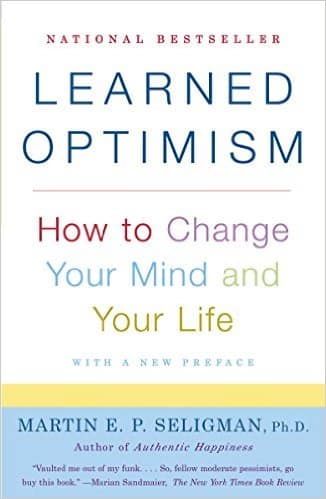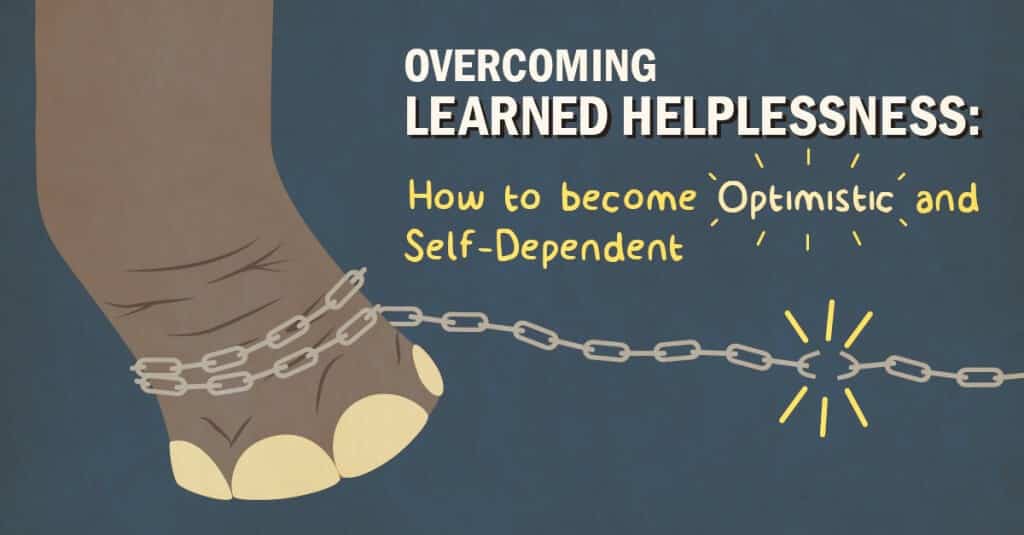 I started playing The Legend of Zelda: The Wind Waker for the first time recently. Yes, I’m quite late to the party on this.
I started playing The Legend of Zelda: The Wind Waker for the first time recently. Yes, I’m quite late to the party on this.
In fact, my friend Martin has played this game seven or eight times in the past, and could probably beat it with his eyes closed at this point.
The other night, as I made my way through the game’s second dungeon, I got temporarily stuck. I had just used a stick I had found lying on the ground to beat an enemy, but I couldn’t leave the room because there was a giant spiderweb covering the door.
I didn’t see anything in the room that looked like it could be used to clear the web, and my sword didn’t work.
Immediately, my brain came up with the solution:
“Hey bro, Martin’s played this game seven times. Just ask him how to get out.”
This is an example of learned helplessness – a condition of the mind where you assume you can’t do anything to solve an aversive situation.
In my defense, I decided against asking for help and eventually figured out I needed to light the stick on fire and use it to clear the web – however, the fact that my brain’s first idea was to immediately ask for help without putting in any effort to solve the problem first is telling.
Learned helplessness is a huge problem for students; in my classes, I’d often see students immediately ask for help the moment they came across a problem that wasn’t easy to solve.
In this episode, Martin and I present some of the scientific study that gone into learned helplessness, and also dig into some solutions for overcoming it – solutions that can help you become a more optimistic person and more able to solve problems on your own.
Featured Book
 This episode digs heavily into Martin Seligman’s book Learned Optimism: How to Change Your Mind and Your Life, which Martin read a couple days before we recorded.
This episode digs heavily into Martin Seligman’s book Learned Optimism: How to Change Your Mind and Your Life, which Martin read a couple days before we recorded.
Martin Seligman conducted much of the research that has been done on learned helplessness, and his book goes into even more detail about the studies we talk about in this episode. It also contains more tips on becoming a more optimistic person, and provides a more in-depth analysis of the results you’ll get if you take the optimism scale quiz linked below.
If you’d like to pick up a copy, you can support College Info Geek by using the link above!
Things mentioned in this episode:
- Learned Helplessness at Wikipedia
- My tale from tech support
- Dog study
- The chimp study… didn’t actually happen. This is why I fact-check!
- The Art of Loving by Erich Fromm
- Optimism/Pessimism test
- Jake Roper of Vsauce3
- So you failed a test… now what?
- Episode with Matt Ringel
- The Corson Technique
Want more cool stuff? You can find all sorts of great tools at my Resources page.
If you enjoyed this episode, subscribe to the podcast on iTunes! It’s easy, you’ll get new episodes automatically, and it also helps the show gain exposure 🙂 You can also leave a review!
Here’s an image for sharing this episode on social media:



